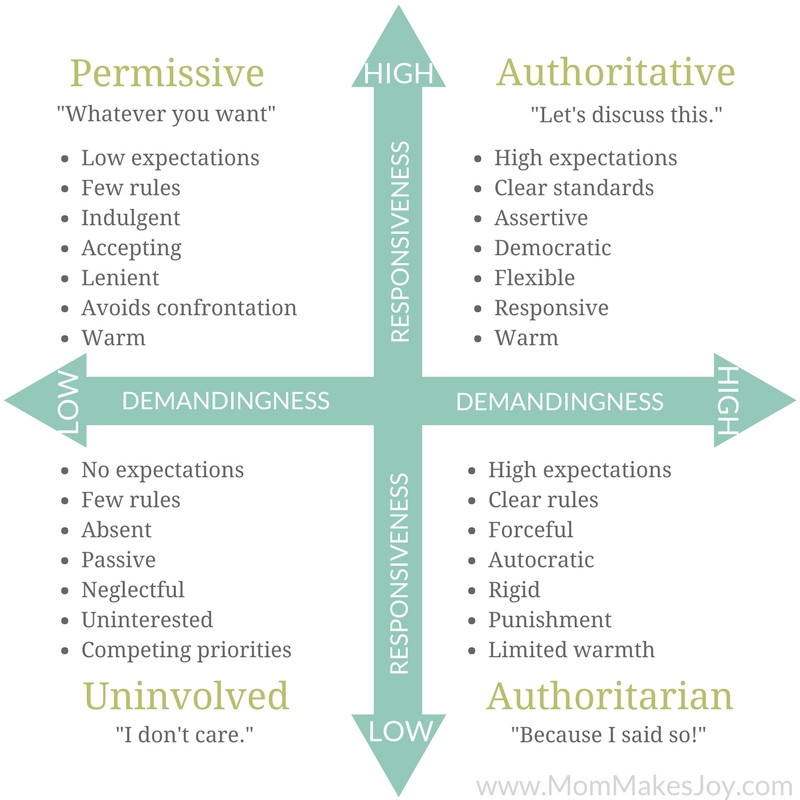Are you ready to embark on the rewarding journey of being a beacon of hope and positivity for your child with autism? Embrace the opportunity to empower and inspire your little one by being the ultimate role model they deserve. Our expertly curated guide will equip you with the essential tools and strategies to foster a nurturing and supportive environment, ensuring your child’s unique talents and abilities flourish. Get ready to unlock your child’s full potential and celebrate their incredible achievements, as you both navigate the world of autism together with unwavering optimism and boundless love.
Embracing Autism: Understanding and Celebrating Your Child’s Unique Abilities
Embracing Autism: Understanding and Celebrating Your Child’s Unique Abilities is a crucial aspect of being a hopeful and positive role model for your child. By acknowledging their exceptional skills and talents, you can foster a healthy self-esteem and a sense of pride in their identity. As a parent, it’s essential to educate yourself about autism spectrum disorder (ASD) and focus on your child’s strengths rather than their limitations. Encourage your child’s interests and provide opportunities for them to excel in their areas of passion. By doing so, you’ll not only promote a positive outlook, but also empower your child to embrace their uniqueness and reach their full potential.
Fostering Resilience: Teaching Your Child with Autism to Overcome Challenges with a Positive Attitude
Fostering resilience in your child with autism is essential for cultivating a positive attitude and empowering them to face life’s challenges head-on. To instill this vital skill, encourage open communication about emotions and emphasize the importance of perseverance in overcoming obstacles. Celebrate their achievements, no matter how small, and highlight the growth that comes from learning experiences. As a role model, demonstrate optimism, adaptability, and a problem-solving mindset in your daily life. By nurturing resilience in your child with autism, you help them develop a strong foundation for thriving in various social and emotional situations, ultimately leading to a fulfilling and self-confident life.
Building a Supportive Environment: Encouraging Inclusivity and Empathy within the Family and Community

In fostering a supportive environment for your child with autism, it is crucial to encourage inclusivity and empathy within the family and the community. By promoting understanding and acceptance, you can help create a nurturing atmosphere where your child feels valued and respected. When discussing autism, use positive and empowering language that highlights your child’s strengths and unique abilities. Encourage siblings, relatives, and friends to learn about autism and participate in inclusive activities, fostering a sense of belonging. In addition, collaborate with schools and local organizations to raise awareness and promote inclusive practices, ensuring that your child with autism has the opportunity to thrive in a supportive and compassionate environment.
Harnessing the Power of Communication: Strengthening Parent-Child Bonds through Active Listening and Emotional Validation
Harnessing the power of communication is essential in fostering a strong parent-child bond, especially when your child has autism. To be a hopeful and positive role model, practice active listening and emotional validation to create a supportive environment. Active listening involves giving your full attention, empathizing, and responding thoughtfully to your child’s thoughts and feelings. Emotional validation, on the other hand, acknowledges and accepts their emotions without judgment. By incorporating these practices, you can enhance your child’s self-esteem, encourage open communication, and cultivate a positive relationship, ultimately empowering them to feel hopeful and confident in their unique journey with autism.
Nurturing Independence: Empowering Your Child with Autism to Develop Self-Advocacy and Problem-Solving Skills

Nurturing independence in your child with autism is essential for fostering a sense of self-worth and positivity. By empowering them to develop self-advocacy and problem-solving skills, you’re setting them up for a lifetime of success and happiness. To encourage independence, provide opportunities for your child to make choices, practice decision-making, and navigate daily challenges. Create a supportive environment that encourages growth and learning, while also promoting self-awareness and self-expression. As a hopeful and positive role model, you’ll inspire your child to embrace their uniqueness and confidently face the world with resilience and optimism.




